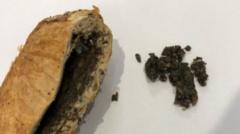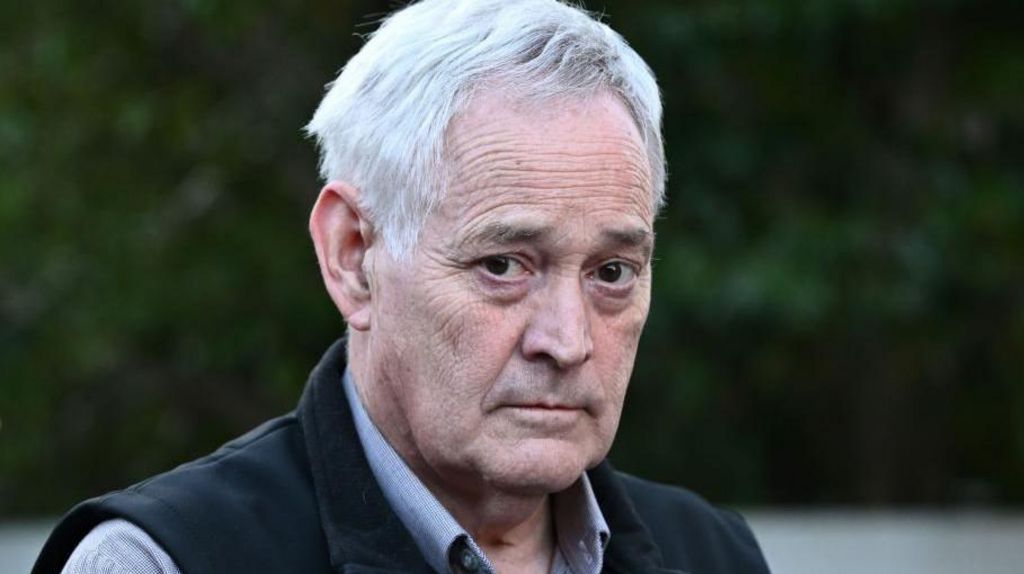In a shocking turn of events, Erin Patterson, a 50-year-old resident from Morwell, Victoria, has been found guilty by a jury of murdering three relatives by serving them a beef Wellington meal cooked with toxic death cap mushrooms. The grim incident occurred on July 29, 2023, and the courtroom drama has captured the attention of Australia and beyond, focusing on the harrowing details that emerged during the trial.
The jury's verdict included the conviction of Patterson for the attempted murder of a fourth individual, who is the sole survivor of that ill-fated meal. In the days following the dinner, three of Patterson's relatives succumbed to the effects of the poisonous fungi after being hospitalized: Don and Gail Patterson, both 70, and Heather Wilkinson, 66. Ian Wilkinson, Heather's husband, managed to recover after an extended hospitalization.
Evidence presented during the trial detailed how Patterson allegedly foraged death cap mushrooms, known as one of the deadliest species in the world, before covering up her actions. The Supreme Court of Victoria recently released around 100 images that were shown to the jury, including photos of the meal's leftovers that were preserved for forensic analysis.
These images reveal the remnants of the beef Wellington, collected in sealed bags to prevent any contamination as they were examined for traces of the deadly fungi. Death cap mushrooms, often recognized for their greenish-yellow to brown caps, are notorious for being responsible for a significant number of fatal mushroom poisonings globally.
During her defense, Patterson claimed she had purchased the mushrooms from an Asian grocery store in Melbourne, yet she couldn’t provide specifics regarding the location or transaction. Furthermore, investigators uncovered that Patterson had conducted online searches related to death cap mushroom sightings in areas near Morwell, suggesting premeditated intent.
Further scrutiny of her mobile phone revealed location data indicating she visited sites where death cap mushrooms were found and even purchased a food dehydrator on the return trip. In a troubling twist, forensic analysis of the discarded dehydrator, which Patterson had attempted to dispose of in a local dump shortly after the incident, revealed remnants of the toxic mushrooms consistent with those that poisoned her relatives.
Despite initially visiting the hospital for her own illness days after the event, Patterson resisted efforts by medical staff to treat her and her children, who were not found to have ingested the harmful fungi. The evidence against her, including her conflicting statements and internet history, painted a picture of calculated actions rather than mere negligence.
As the case concluded, it has raised profound questions about accountability and the dangers of misidentifying mushrooms in the wild. The world watches closely as the ramifications of this chilling trial continue to unfold.




















